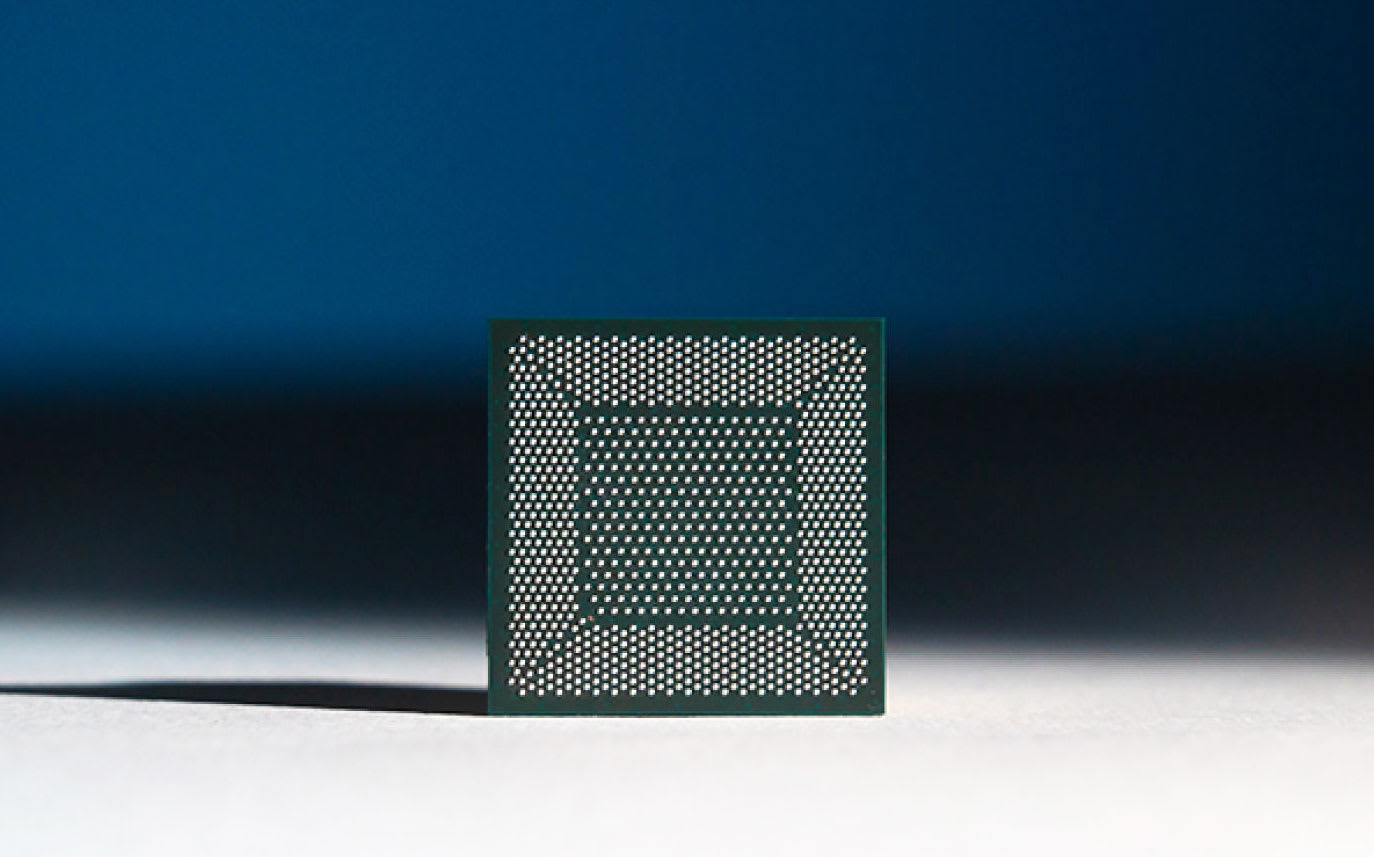Tag Archives: neuromorphic
MIT fit tens of thousands of artificial brain synapses on a single chip
Intel’s neuromorphic chip learns to ‘smell’ 10 hazardous chemicals
 Of all the senses, scent is a particularly difficult one to teach AI, but that doesn't stop researchers from trying. Most recently, researchers from Intel and Cornell University trained a neuromorphic chip to learn and recognize the scents of 10 haza...
Of all the senses, scent is a particularly difficult one to teach AI, but that doesn't stop researchers from trying. Most recently, researchers from Intel and Cornell University trained a neuromorphic chip to learn and recognize the scents of 10 haza...
‘Artificial synapse’ points the way toward portable AI devices
 Tech titans like Intel and IBM have already begun developing chips for AI that mimic the way the human brain works -- it is, after all, the most powerful computer there is. The field of "neuromorphic computing" is still in its very early stages, thou...
Tech titans like Intel and IBM have already begun developing chips for AI that mimic the way the human brain works -- it is, after all, the most powerful computer there is. The field of "neuromorphic computing" is still in its very early stages, thou...
Intel unveils an AI chip that mimics the human brain
 Lots of tech companies including Apple, Google, Microsoft, NVIDIA and Intel itself have created chips for image recognition and other deep-learning chores. However, Intel is taking another tack as well with an experimental chip called "Loihi." Rather...
Lots of tech companies including Apple, Google, Microsoft, NVIDIA and Intel itself have created chips for image recognition and other deep-learning chores. However, Intel is taking another tack as well with an experimental chip called "Loihi." Rather...
Light-based neural network could lead to super-fast AI
 It's one thing to create computers that behave like brains, but it's something else to make them perform as well as brains. Conventional circuitry can only operate so quickly as part of a neural network, even if it's sometimes much more powerful tha...
It's one thing to create computers that behave like brains, but it's something else to make them perform as well as brains. Conventional circuitry can only operate so quickly as part of a neural network, even if it's sometimes much more powerful tha...
Intel designs neuromorphic chip concept, our android clones are one step closer
Most neurochip projects have been designed around melding the brain and technology in the most literal sense. Intel's Circuit Research Laboratory, however, is betting that we might get along just fine with neuromorphic (brain-like) computers. By using valves that only have to respond to the spin of an electron, as well as memristors that work as very efficient permanent storage, the researchers believe they have a design that operates on the same spikes of energy that our noggins use rather than a non-stop stream. Along with simply using power levels closer to those of our brains, the technique allows for the very subtle, massively parallel computations that our minds manage every day but which are still difficult to reproduce with traditional PCs. There's still a long path to take before we're reproducing Prometheus' David (if we want to), but we've at least started walking in the right direction.
Intel designs neuromorphic chip concept, our android clones are one step closer originally appeared on Engadget on Mon, 18 Jun 2012 16:28:00 EDT. Please see our terms for use of feeds.
Permalink MIT Technology Review |
MIT Technology Review |  Intel proposal (Cornell University) | Email this | Comments
Intel proposal (Cornell University) | Email this | Comments 